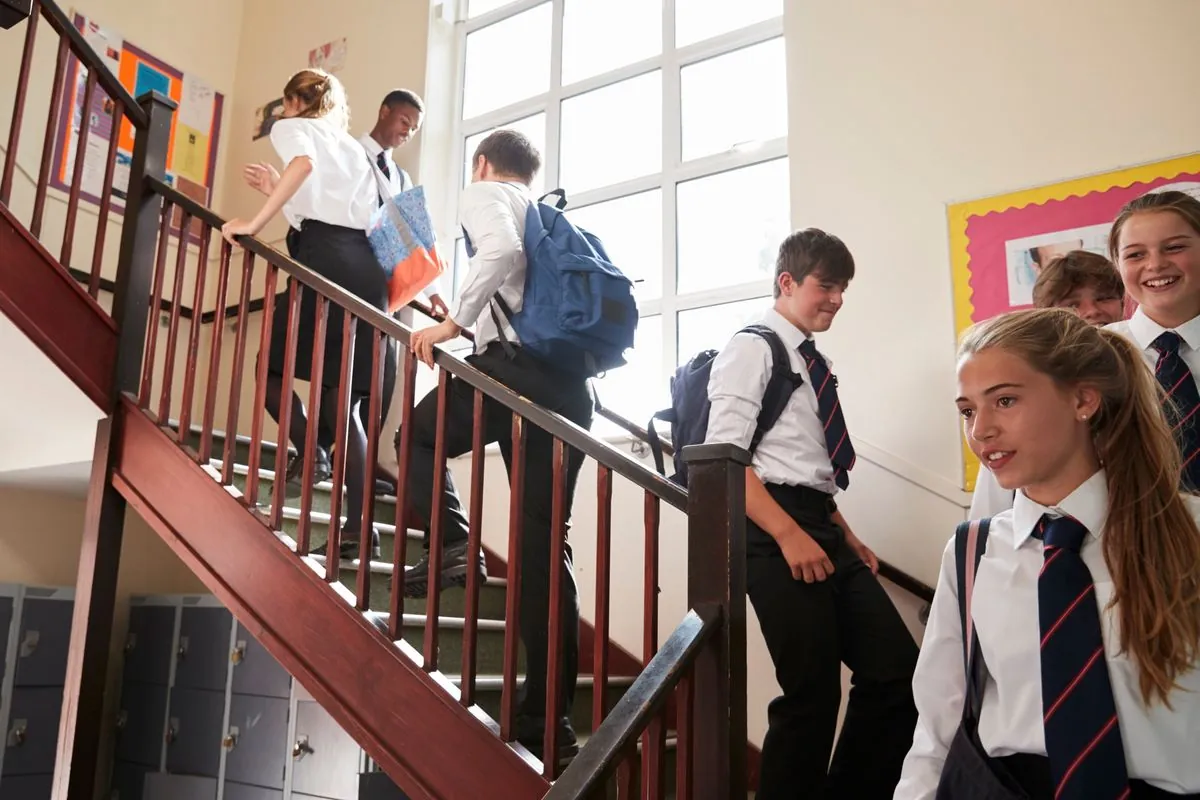UK Schools Face Discipline Crisis as Post-Pandemic Students Return
As summer ends, UK schools brace for increased behavioral issues among students affected by pandemic disruptions. Experts debate causes and solutions, highlighting the need for a renewed focus on discipline and authority in education.

As the summer holidays draw to a close in the United Kingdom, parents and educators are preparing for the return to school routines. However, this year's transition brings unique challenges, particularly in addressing behavioral issues among students.
The Department for Education reports a significant increase in disciplinary actions for students in years 9 and 10 during the 2024-2025 school year. Notably, suspensions for these students have risen by over 50% compared to when they were 11 and 13 years old in the 2022-2023 academic year. This trend is particularly concerning as students approach their General Certificate of Secondary Education (GCSE) years without adequate intervention.
Surprisingly, the rate of exclusions and suspensions has increased most rapidly among female students, with 1,000 more exclusions compared to the 2018-2019 school year. This statistic highlights a shifting dynamic in behavioral issues across genders.
Many officials attribute these problems to the impact of the COVID-19 pandemic. Tom Bennett, a behavior adviser, suggests that home schooling during lockdowns may have contributed to a decline in social skills. Patrick Roach of the NASUWT teachers' union concurs, stating there is "no doubt" that the pandemic exacerbated behavioral issues.

However, some argue that blaming the pandemic alone oversimplifies the issue. Critics point out that the decision to close schools was a policy choice, not an inevitable consequence of the virus. They emphasize the need for accountability in these decisions to prevent future disruptions to children's education.
The debate extends beyond pandemic-related factors. Some educationalists argue that underfunding and resource shortages in schools, particularly in less affluent areas, contribute to disciplinary problems. However, others contend that the issue stems from a reluctance to enforce discipline rather than a lack of resources.
"The crisis of behaviour in schools isn't really a problem with kids – it's with us, the adults. Teenagers will act up, it's in their nature. The question is, what do we do as the authority figures in their lives to curtail, encourage and lead their behaviour?"
This statement highlights a crucial point: the need for a reorientation of priorities in schools and a reassertion of authority. The role of teachers has evolved significantly, with expectations now extending beyond traditional educational duties to include social work, behavioral management, and mental health support.
As schools in the UK prepare for the new academic year, it's clear that addressing behavioral issues will be a top priority. The challenge lies in balancing the need for discipline with understanding the unique circumstances that have shaped this generation of students. With the school year typically running from September to July, educators and policymakers have a limited window to implement effective strategies.
In conclusion, as students return to their classrooms, equipped with new uniforms and supplies, the education system must also adapt. The focus should be on creating an environment that supports learning while addressing the complex behavioral challenges that have emerged in the wake of the pandemic.


































